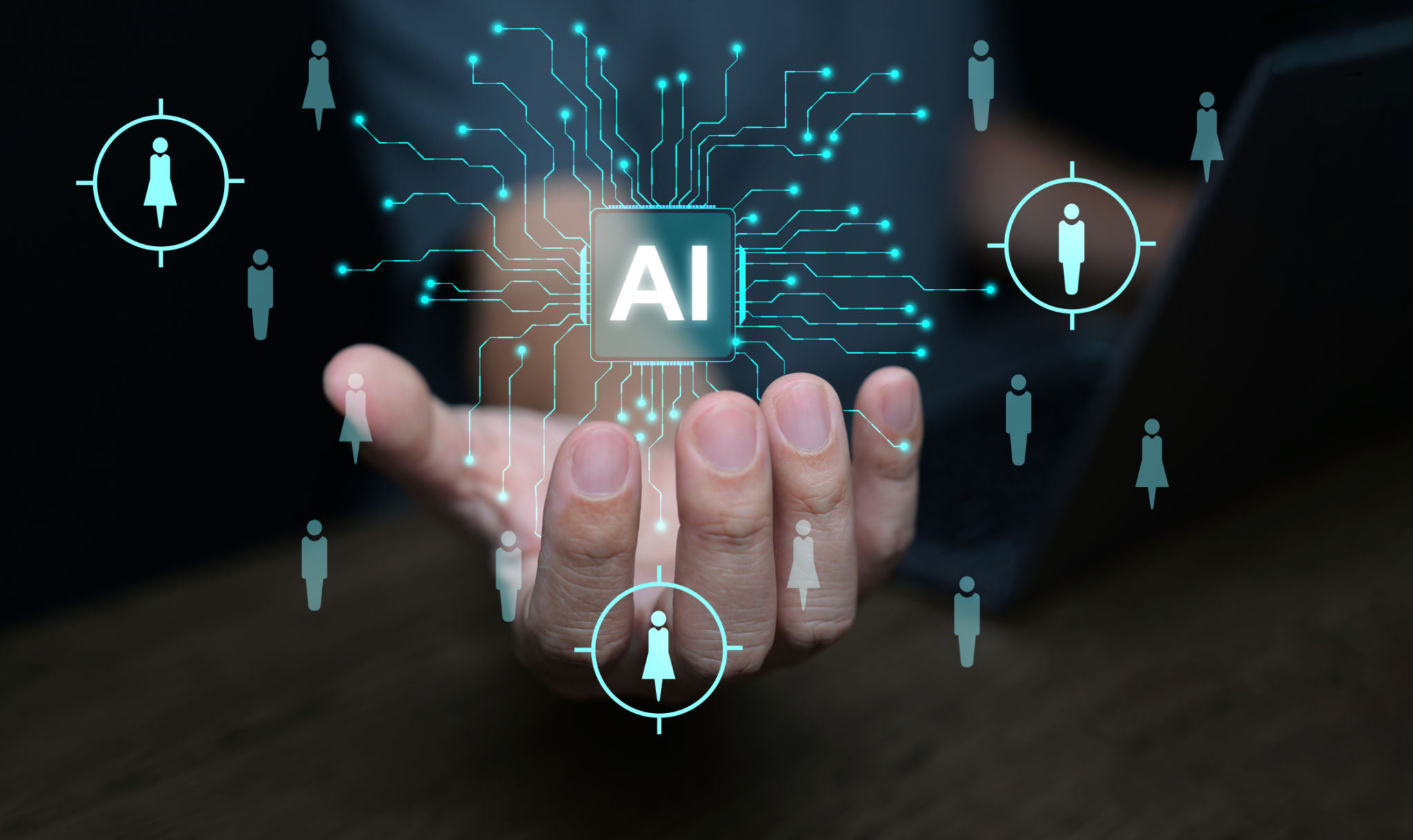Case Study: Successful AI Recruitment Strategies in the Texas IT Sector
Introduction to AI in Recruitment
In recent years, the Texas IT sector has experienced a remarkable transformation with the integration of Artificial Intelligence (AI) in recruitment processes. This shift not only streamlines hiring but also enhances the quality of candidates selected. By leveraging AI, companies are now able to process vast amounts of data quickly and efficiently, making informed decisions that drive growth.
AI recruitment strategies focus on automating repetitive tasks, saving time for HR professionals, and allowing them to focus on strategic initiatives. From resume screening to candidate engagement, AI tools are revolutionizing the way businesses approach hiring.

Enhancing Candidate Screening
One of the most significant impacts of AI in recruitment is its ability to enhance candidate screening. Traditional methods often rely on manual review of resumes, which can be time-consuming and prone to bias. AI algorithms can analyze thousands of resumes in minutes, identifying the most suitable candidates based on predefined criteria.
This technology enables recruiters to focus on candidates who are the best fit for the position, improving overall hiring efficiency. Furthermore, AI can reduce unconscious bias by concentrating solely on objective data points such as skills and experience.
Key Benefits of AI Screening
- Reduced time-to-hire
- Improved candidate quality
- Minimized human error
- Increased diversity and inclusion

Optimizing Candidate Engagement
AI is also playing a pivotal role in optimizing candidate engagement throughout the recruitment process. Chatbots and virtual assistants provide candidates with instant responses to queries, ensuring they remain engaged and informed. This level of communication helps in building a positive candidate experience.
Moreover, AI-driven analytics offer insights into candidate behavior, allowing recruiters to tailor their communication strategies accordingly. By understanding what candidates are looking for, companies can better align their value propositions.
Improving Recruitment Marketing
The integration of AI in recruitment extends beyond selection and engagement. AI tools are being increasingly utilized in recruitment marketing. By analyzing data from various platforms, AI can identify where top candidates are most active, enabling companies to target their advertising efforts effectively.
- Crafting personalized job advertisements
- Utilizing social media insights for recruitment campaigns
- Assessing competitor strategies for better positioning

Case Study: A Texas IT Company’s Success
A leading IT firm in Texas implemented an AI-driven recruitment strategy to tackle challenges in sourcing and hiring top talent. By adopting AI tools for candidate screening and engagement, the company reduced its average hiring time by 40% while increasing the overall quality of hires.
The firm also leveraged AI analytics to refine its recruitment marketing efforts, resulting in a 50% increase in applications from qualified candidates. This case study highlights the potential of AI to transform recruitment processes and deliver measurable results.
Conclusion
The successful implementation of AI recruitment strategies in the Texas IT sector demonstrates the profound impact of technology on modern hiring practices. As more companies adopt AI tools, it is crucial to continuously evaluate and refine these strategies to maximize their potential benefits.
By harnessing the power of AI, businesses can not only streamline their recruitment processes but also foster a more diverse and inclusive workplace. As the technology continues to evolve, its role in shaping the future of recruitment is undoubtedly promising.

